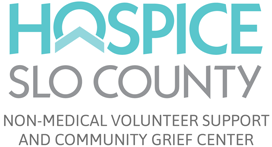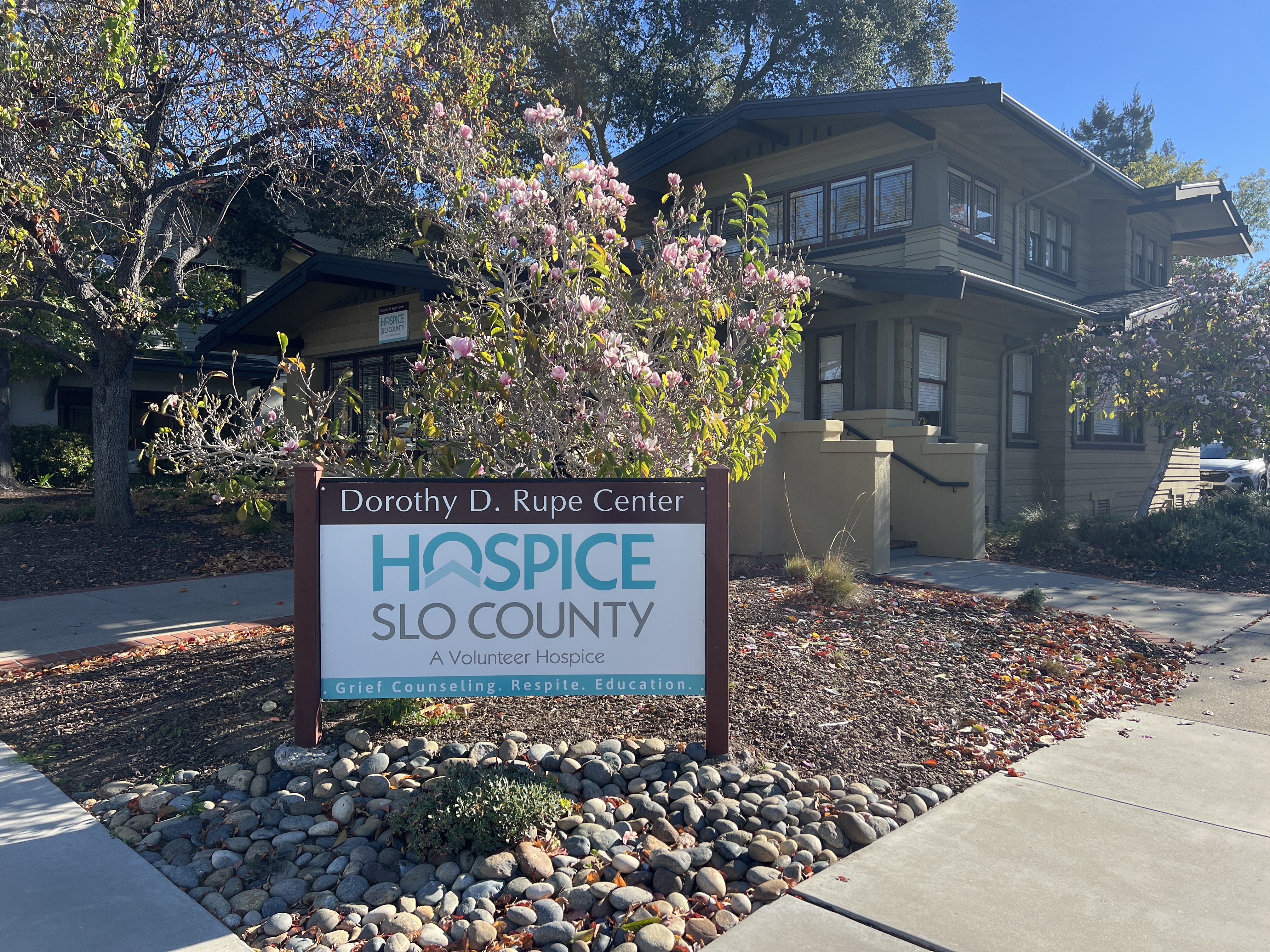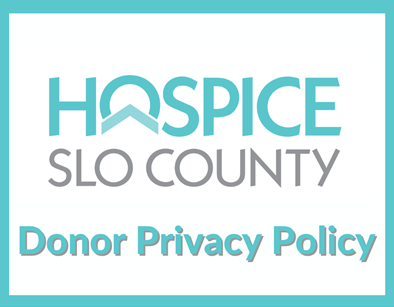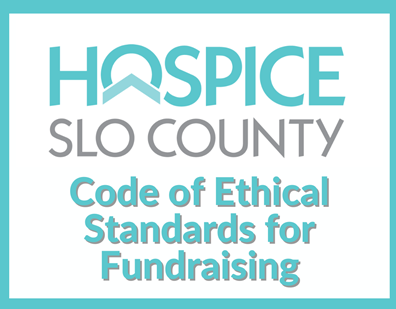John was relieved to learn he could benefit from our services without giving up treatment for his advanced-stage prostate cancer.

February 4th is observed internationally as “World Cancer Day” to raise awareness of cancer symptoms, treatments, and advocacy. But what is often overlooked is the day-to-day experience of a cancer diagnosis: the shock of the initial diagnosis, the overwhelm of treatments, the unknown, the questions, and the physical and emotional support needed.
Many people hear the word “Hospice” and want to run the other direction- including those with a cancer diagnosis. Here in San Luis Obispo County, our community is privileged with the option of support for all those overlooked experiences that go into a cancer diagnosis. Because we are a non-medical hospice, we can start working with clients at diagnosis and address things like anticipatory grief, support for the caregiver and the client through our in-home volunteers, peer support through our support groups, and even non-medical comfort measures through Reiki and grief yoga.
Julie and John (names and photo changed for privacy) came to us because a friend thought we could help. At first, they were reluctant because John wanted to continue treatment for his advanced-stage prostate cancer. However, they were relieved to learn they could benefit from our support without giving up treatment.
The disease and the treatments had made John weak and Julie was reluctant to schedule health checkups for herself because she didn’t want him to get injured while she was gone. In addition, many of their friends had stopped visiting because they were uncomfortable with his diagnosis and didn’t know what to say. Both Julie and John were grieving his loss of independence and their loss of friends and support.
Once they contacted us, Julie and John accessed one of our therapists to talk with them and offer them support. Julie joined our Caregiver Support group and found a community of people going through so much of what she was experiencing. John was eventually matched with a volunteer who was able to sit with him each week, enjoy music together, and talk about John's love of cars. This provided Julie with peace of mind that John wasn’t alone or lonely while she was gone. Our Care Manager was able to help John access Palliative Care services through home health to get extra support while continuing his treatments. All of these services were provided free of charge to assist Julie and John through this journey.
Your support ensures that we can help those in our community who have a cancer diagnosis (or another serious diagnosis) while they still seek treatment and also ensures services to their loved ones and family. You are making such a difference for those going through a frightening time.










